Institutional intervention model
CIPREVICA aims at direct intervention at municipal level in Guatemala, El Salvador and Honduras, to prevent violence from a rights-based approach. Thus, it is interested in working simultaneously with holders of rights and duty bearers, building the capacities of the first to demand the fulfilment of their rights and building capacities among the latter, so they are more efficient in complying with their duties.
Intervention entails scientific-social research processes that are aimed at constructing evidence that enable deeper knowledge of the different dimensions, trends and dynamics of violence in target municipalities. Training processes implemented by CIPREVICA seek to foster and/or build knowledge, capacities and skills to prevent violence, among key stakeholders of the civil society and the State, fostering the emergence of local research proposals, training and formulation of public policies, programmes, projects and/or actions to prevent violence. These proposals emerge from the experience of communities of practice, which have been generated as a result of training processes implemented at municipal level, with CIPREVICA’s technical assistance. Afterwards, the process focuses on inter-sectorial articulation, starting by enabling spaces for key stakeholders of the State and the civil society to come together and for dialogue which translate into the creation of social laboratories where multiple actors benefit from CIPREVICA’s intervention, and design joint initiatives for the prevention of violence at local level, with the organization’s strategic accompaniment.
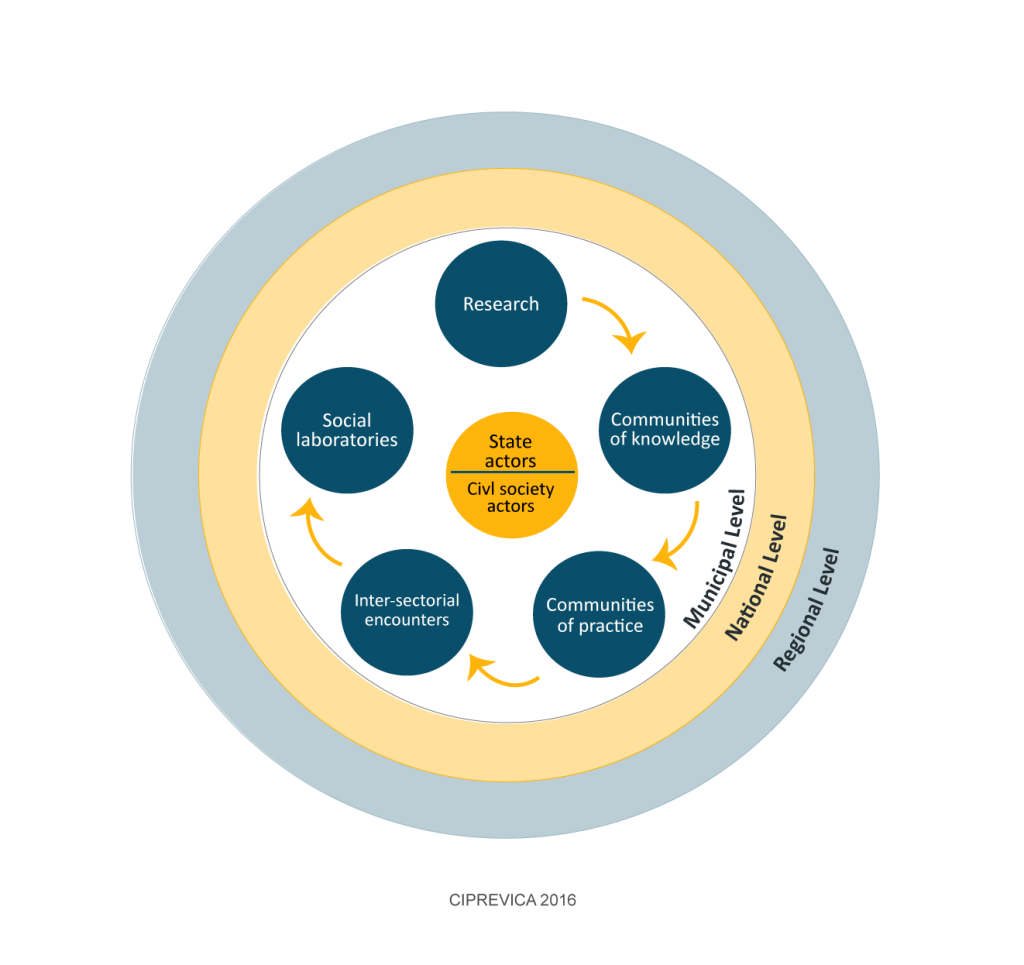



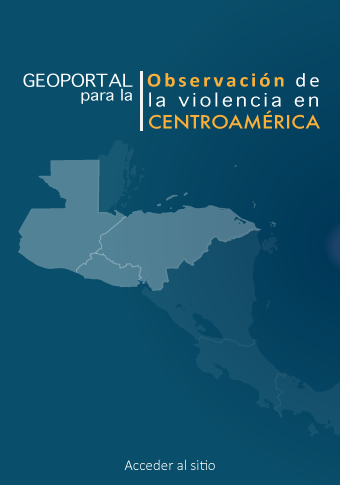
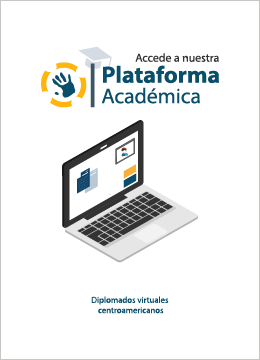
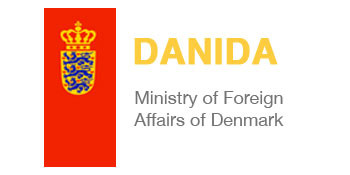
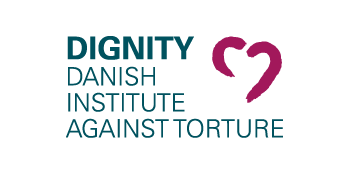

Deja un comentario